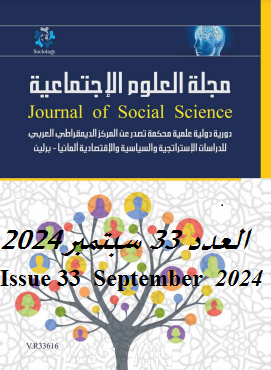Un-civil society: the politics of the `informal people’
Keywords:
Civil society, Un-civil society, Informal people, The Quiet encroachment, Passive networkAbstract
The current focus on the notion of `civil society’ tends to belittle or totally ignore the vast arrays of often uninstitutionalised and hybrid social activities which have dominated urban politics in many developing countries. Clearly, there is more than one single conceptualisation of `civil society’. Existing literature reveals the tremendous diversity of perceptions not only between the classical and contem- porary variants, but also within the latter. Yet all seem to agree that associational life constitutes an integral element of `civil society’, and that the latter is essentially privileged over other forms of social expression. Without intending to downgrade the value of `civility’, my point is that the reductionism of the debates on `civil society’ excludes and even scorns modes of struggles and expression which, in some societies like those in the Middle East, are more extensive and effective than conventional institutions outside the state. My aim in this article is to examine the dynamics of this free-form activism, which tends to characterise the politics of the `informal people’, the disenfranchised. Adopting a relative distance from both James Scott and his critiques, I want to show how these ordinary and often quiet practices by the ordinary and often silent people engender significant social changes
Downloads
Published
Issue
Section
License
Copyright (c) 2024 Journal of Social Sciences

This work is licensed under a Creative Commons Attribution-NonCommercial 4.0 International License.
This work is licensed under CC BY-NC 4.0






